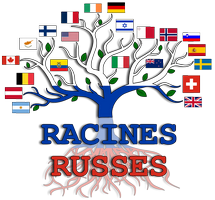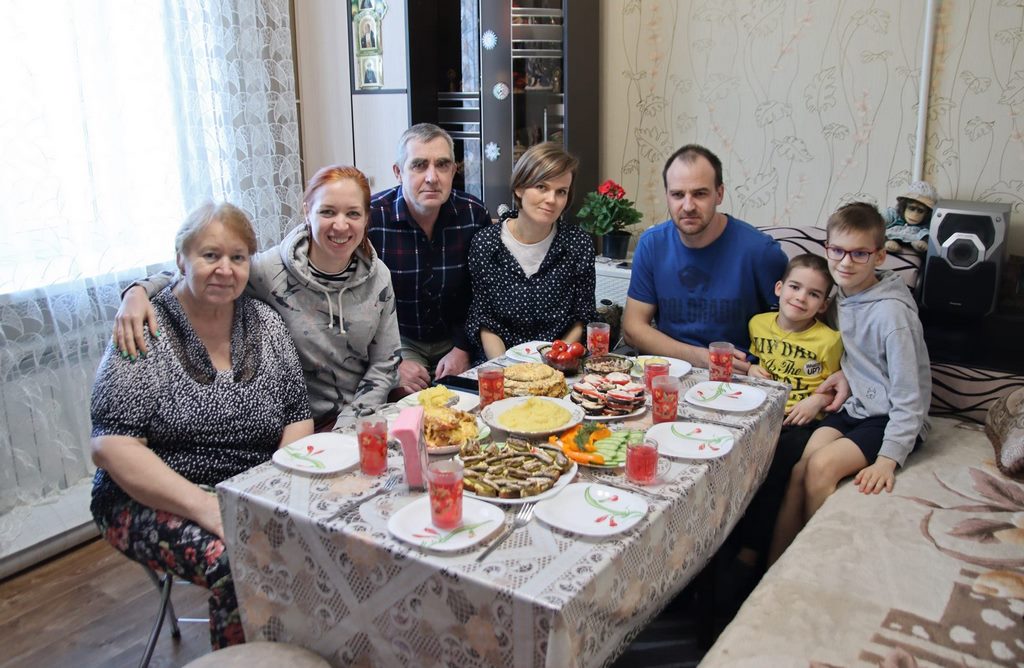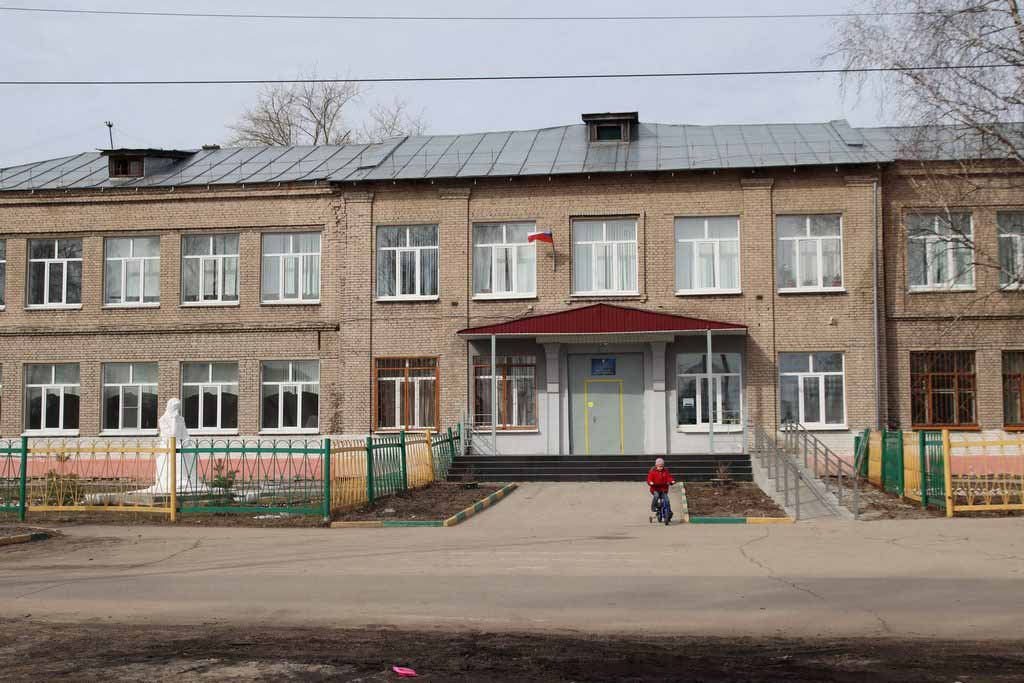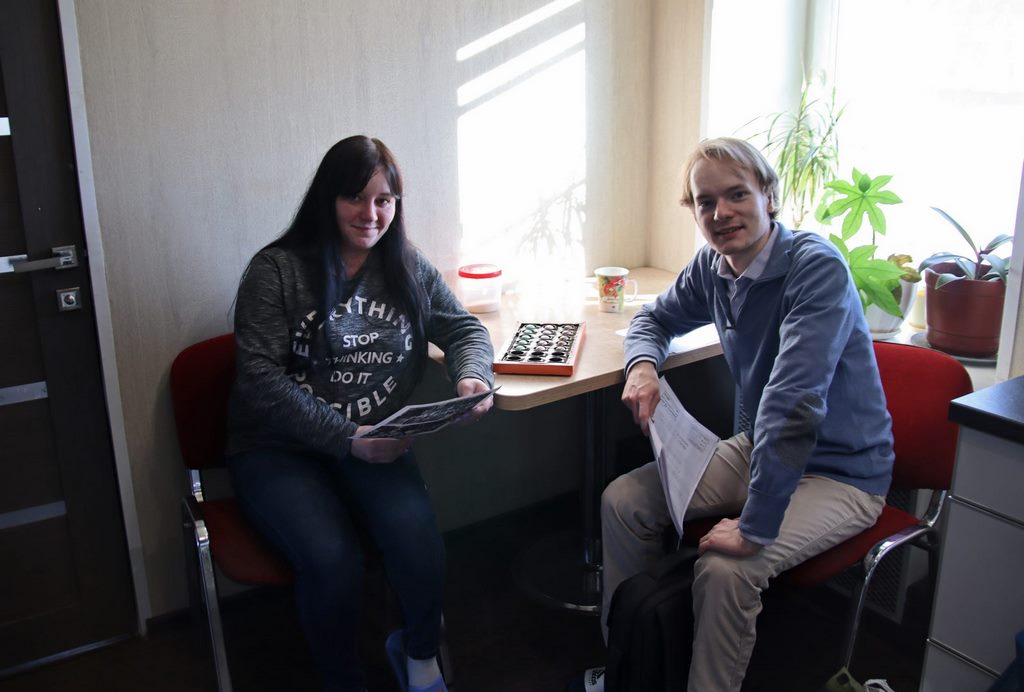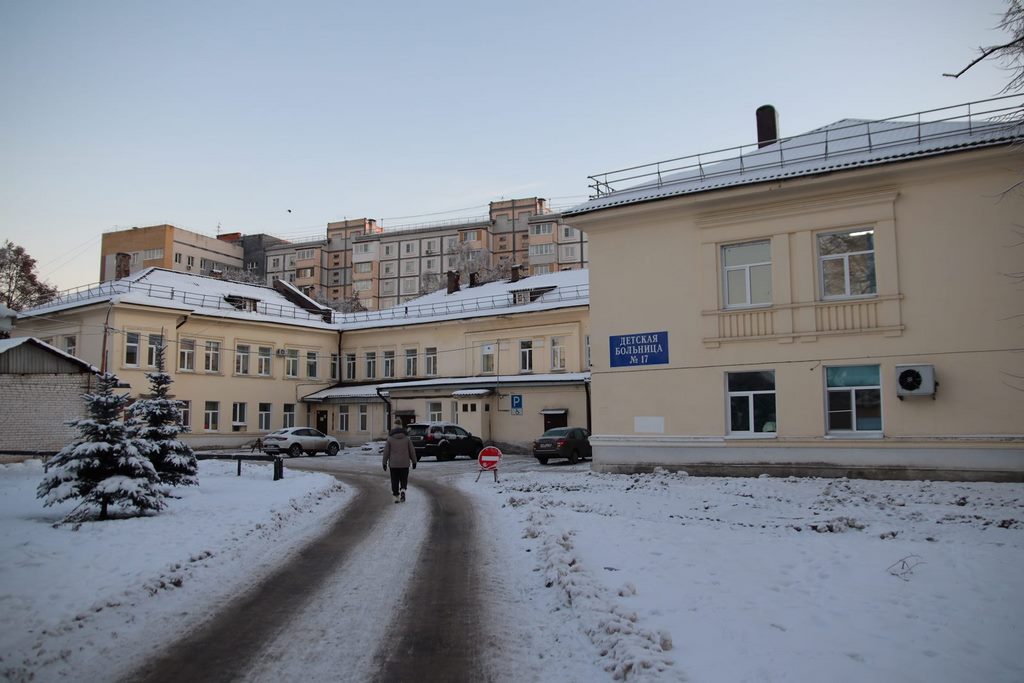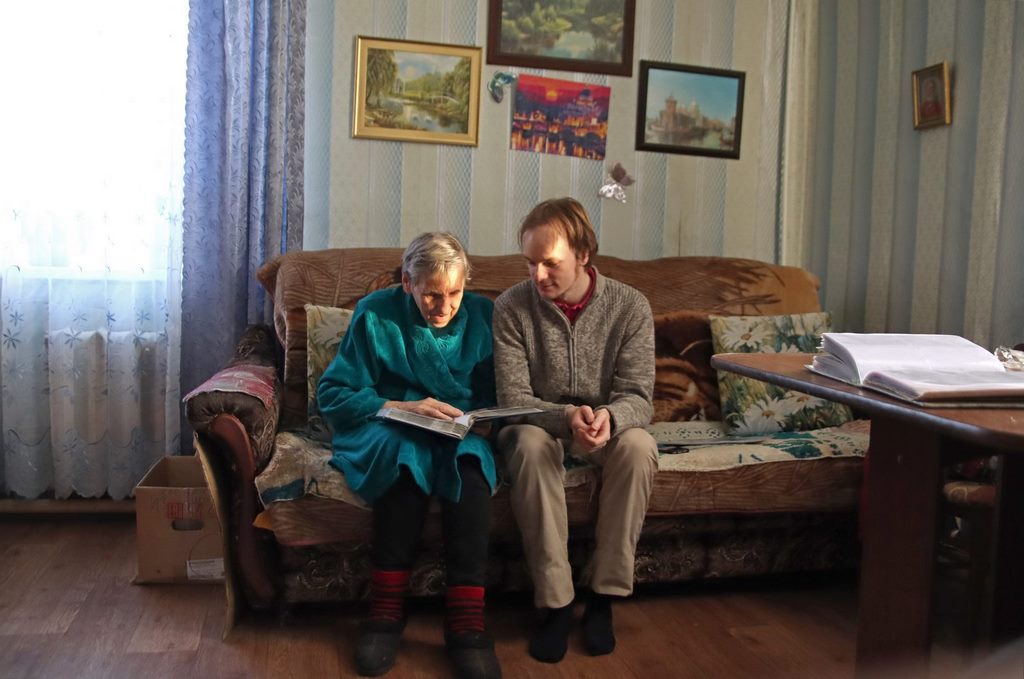THE ORGANIZATION
Who We Are
The Project’s Program
Russian Roots was created in October 2022 in Paris (France) and is mainly aimed at children adopted in Russia or in the former USSR’s countries, but also at their adoptive parents. The organization conducts various projects around the themes of adoption (pre-adoption and post-adoption) and assistance to orphanages (also called “children’s homes”).
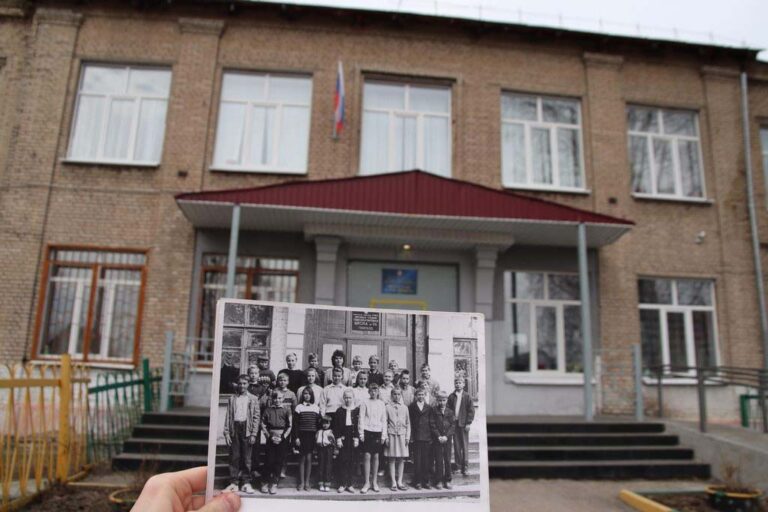
Pre-adoption
This theme constitutes the main part of the project, focusing on the search for adoptees’ biological families. An adoptee has the particularity of having two stages of life, pre-adoptive and post-adoptive, and it is important to know their story before the adoption in order to foster personality development today and tomorrow.
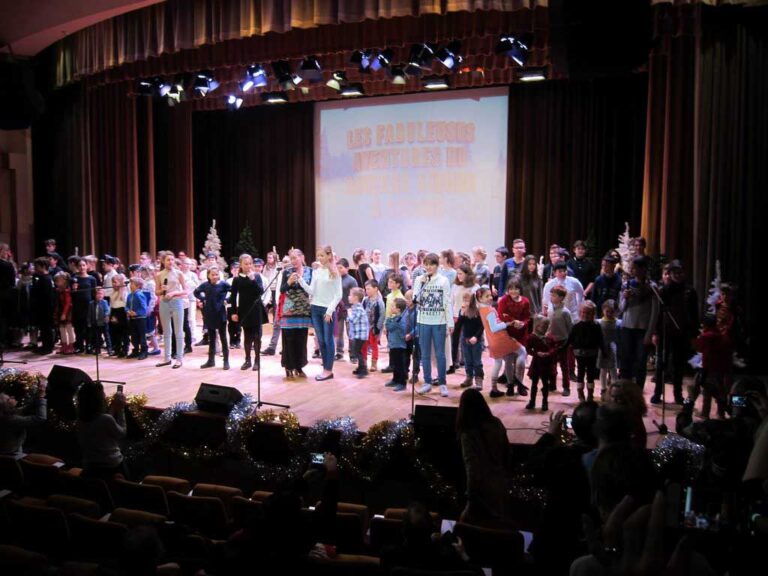
Post-adoption
After the adoption of a child, new issues may emerge, in particular those related to their Russian nationality, conscription in Russia, etc. The organization undertakes not only to provide some answers based on the law and people’s experiences, but also to listen attentively to the adoptees and support them.
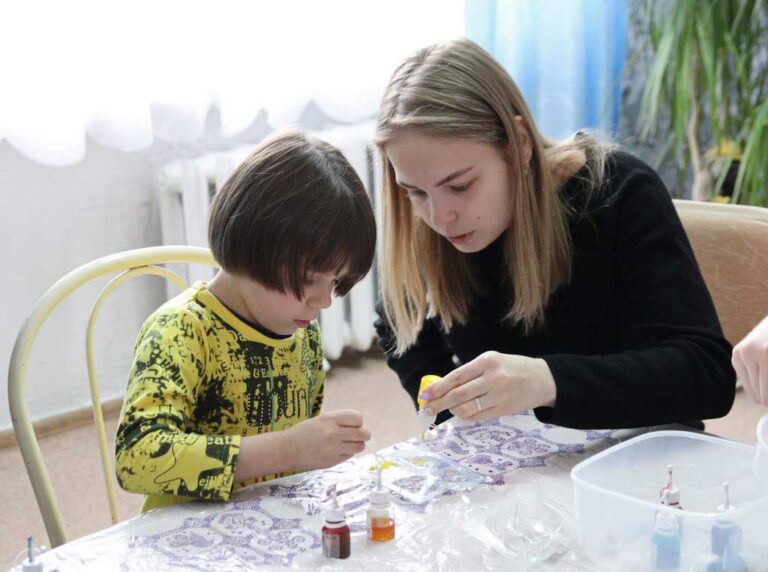
Orphanages
Russian Roots plans to build partnerships with other organizations to act within orphanages by setting up training workshops for children. It will also participate in the development of cultural, linguistic and sports exchanges and thus contribute to the social development of children.
Our Projects
Origin of the Project
The idea of creating the organization goes back to the summer of 2022. A French-Russian young man, adopted in Russia in 2004, in full search for his roots in his native country, felt the need to know his roots and understand why he was placed in an orphanage and why he was adopted. Feeling misunderstood by others, he became interested from the age of 17 in his Russian identity and his past. He found vital records and medical documents which were the driving force of the search. While investigating, he gained experience that he would like to share now.
Most often, adoptees know little or nothing about their pre-adoptive life, which may unconsciously cause them some embarrassment or even discomfort. The need to explore their Russian identity may appear at any time, and this is why the search for biological family becomes a significant step in structuring their personal equilibrium.
